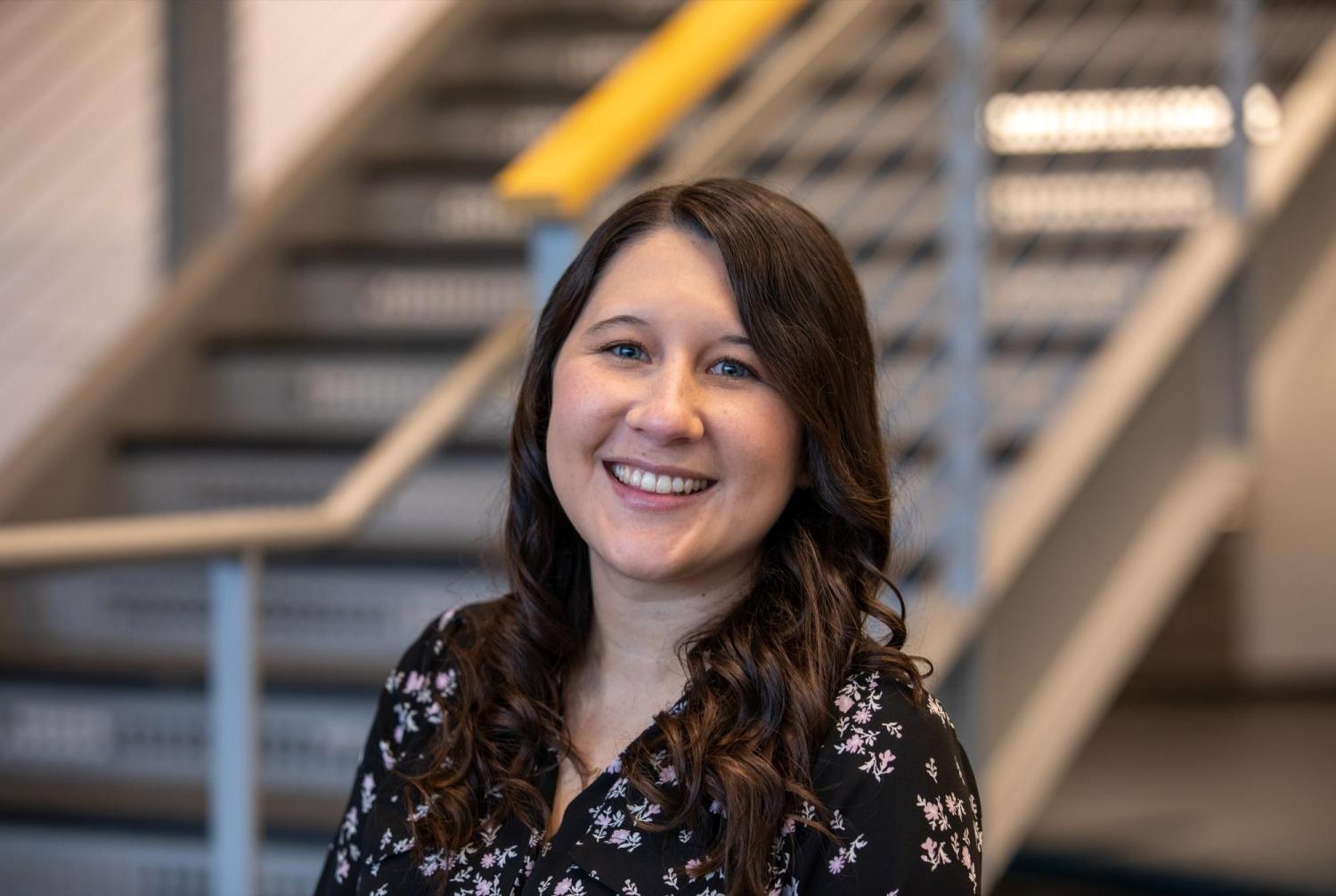Nicole Friend
- Postdoctoral Researcher
- BIOFRONTIERS INSTITUTE
Curriculum Vitae
Research Interests
The healing of large bone defects, greater than the intrinsic capacity of self-regeneration, remains a significant clinical challenge. Therefore, researchers have explored tissue engineering approaches to develop suitable bone replacements or regeneration strategies, many of which involve the use mesenchymal stem/stromal cells (MSCs) due to their natural bone forming (osteogenic) ability. MSCs have also been shown to influence the immune system (immunomodulation) and blood vessel formation (angiogenesis). As successful bone regeneration involves a complex interplay between inflammation, angiogenesis, and osteogenesis, MSCs, and more specifically their secreted factors such as extracellular vesicles (EVs), are well-suited for bone tissue engineering approaches.
Granular hydrogels, comprised of crosslinked micron-sized microgels, have emerged as a promising class of biomaterials due to their microscale porosity, promoting greater diffusion of nutrients, cell migration/invasion, and tissue formation while minimizing foreign body response. Nicole’s research efforts are focused on determining how granular hydrogel properties (e.g., stiffness, porosity, degradation, bioactive ligands) can be manipulated to alter MSC-derived EVs, drive macrophage polarization, and support scaffold vascularization in vitro to inform scaffold design for tissue regeneration in vivo. The overarching goals of this work are to design granular hydrogels optimized to 1) shift MSC-secreted EV content toward anti-inflammatory or pro-angiogenic profiles and 2) deliver these EVs via tailored release profiles to promote effective tissue regeneration in critical-sized bone defects.


